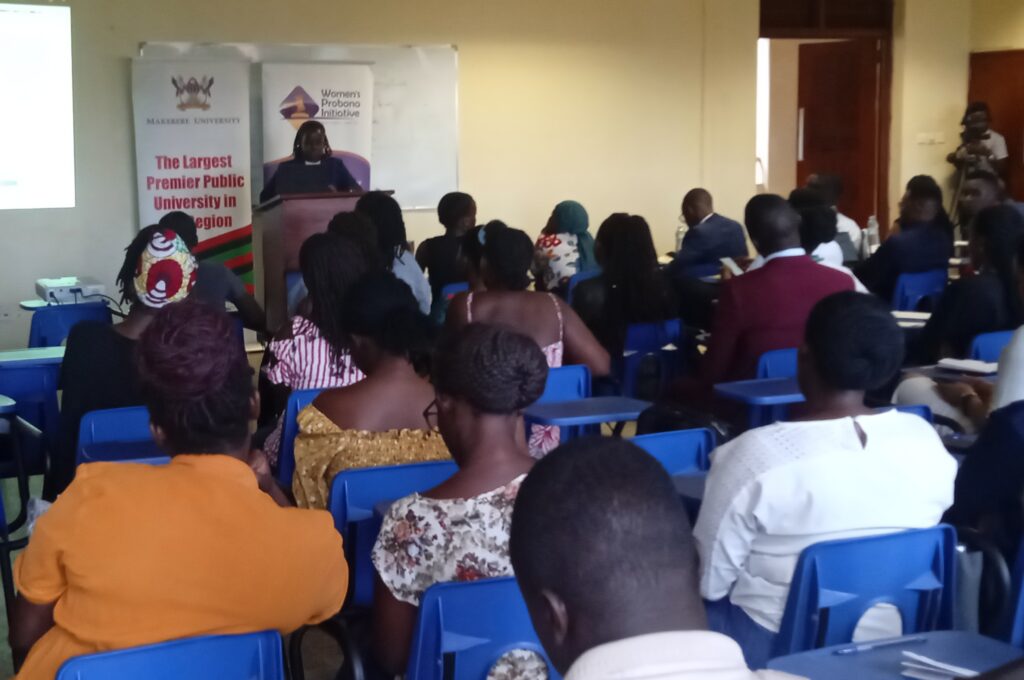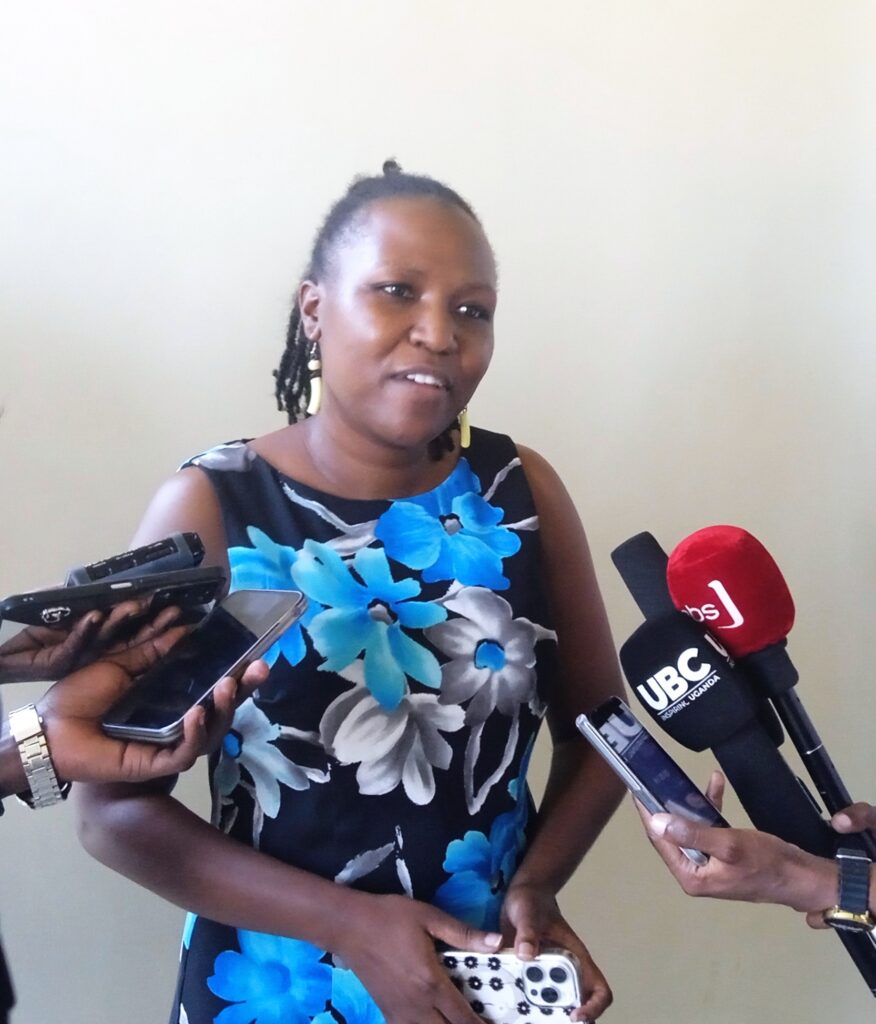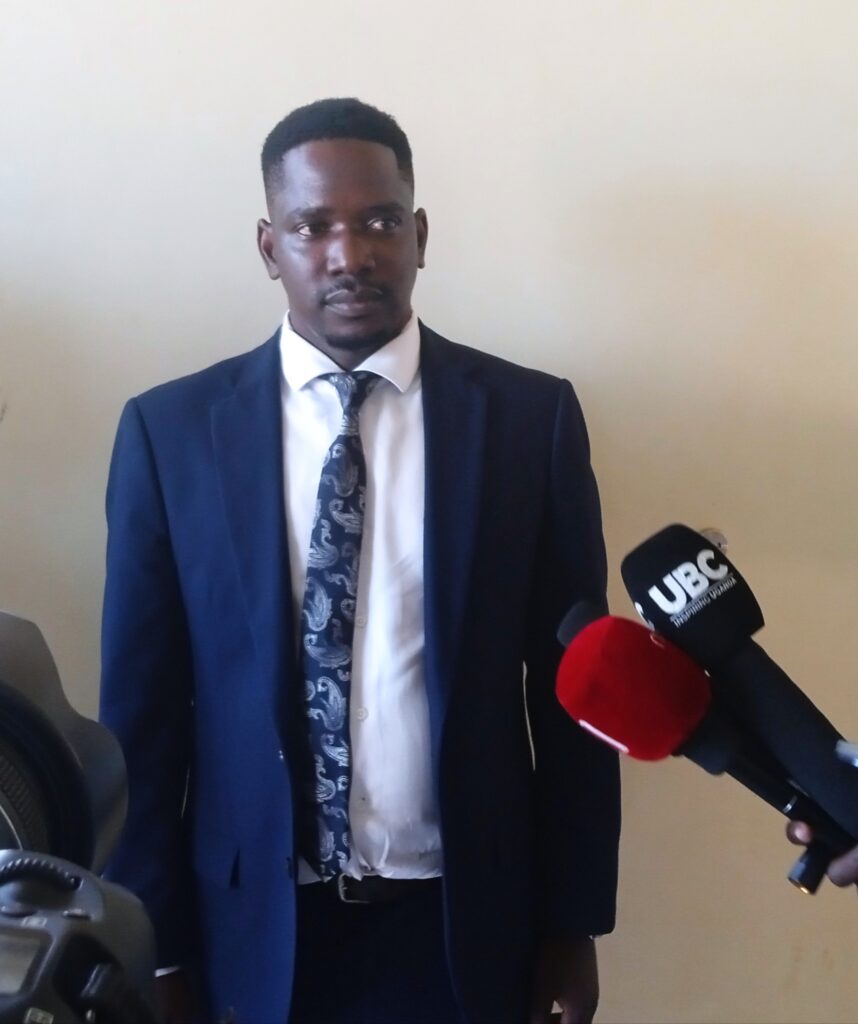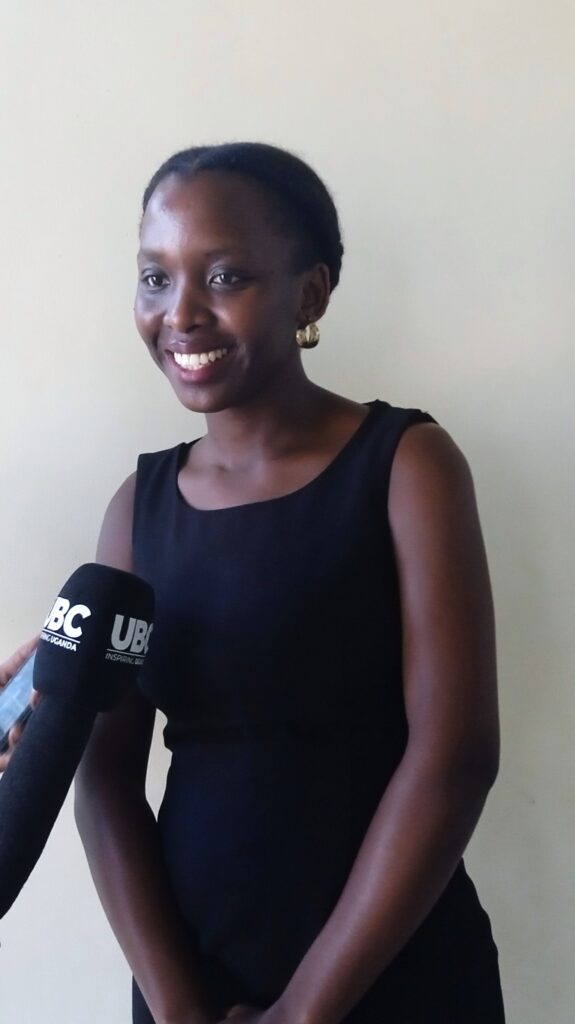
Since men are often seen as the main perpetrators of violations against women’s rights, one might wonder whether involving them in campaigns against gender injustice can create any impact.
Men are often seen engaging in various forms of sexual harassment in society and in the workplace, including verbal abuse, inappropriate touching, insults, body shaming, theonline gender-based violence, among others.
One may wonder whether involving men in discussions to develop solutions for addressing gender injustices can have a significant impact in tackling the issue and helping protect women who are victims.
As a result, the Women’s Probono Initiative engaged stakeholders in a debate on whether men should be involved in the campaign to advance gender justice given that they are often viewed as the primary perpetrators or whether they should be excluded from such efforts altogether. The debate was held under the theme: The Role of Men in Advancing Gender Justice in Uganda.
During the debate held at Makerere University, Titus Asiimwe, the Programs Manager at the Women’s Probono Initiative, explained that engaging men is not about creating conflict between men and women, but rather about encouraging men to take responsibility for their own behavior in order to prevent actions that could lead to injustices against women.
Furthermore, Titus said that the campaign seeks to encourage everyone to involve men in speaking to their fellow men about their responsibility to combat gender injustices such as discrimination and all forms of violence against women and to help create a safe and supportive environment for women across the country.
The Deputy Executive Director of the Women’s Probono Initiative, Rose Wakikona, emphasized that the goal of this engagement is to spark debate on whether men are truly needed in addressing gender injustices or if they should be entirely excluded from the conversation. She noted that women are disproportionately affected by patriarchy, facing issues such as sexual harassment, domestic violence, underrepresentation in corporate leadership, among other challenges. “Men are also feeling that they are being left behind.” The question is: who is the victim, who is the perpetrator, and who do we need to center and bring to the forefront? she asks.

Amon Ashaba Amwine, a lecturer at the Institute of Gender and Development Studies at Makerere University, mentioned that for a long time, the burden of gender equality has primarily fallen on the shoulders of women and young girls, who face discrimination in societies that are largely patriarchal. He emphasized the importance of women activists working together with men to achieve their goals, also calling on men to join the movement.

On the side of the opposition, Daniella Mushikazi, a feminist, expressed that involving men in addressing gender injustices is a waste of time and resources, as they are the perpetrators. She emphasized the need for women to be allowed to take center stage, with their needs, priorities, and voices being prioritized. This empowerment would enable them to stand against all forms of injustice directed at them.

For the proposers, Jimmy Ongom expressed a desire to educate other young men about their role in ensuring gender justice, while rejecting the notion that only men violate women’s rights. He believes that collaboration between men and women on gender justice issues can lead to harmony more easily than conflict.



